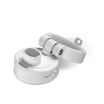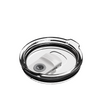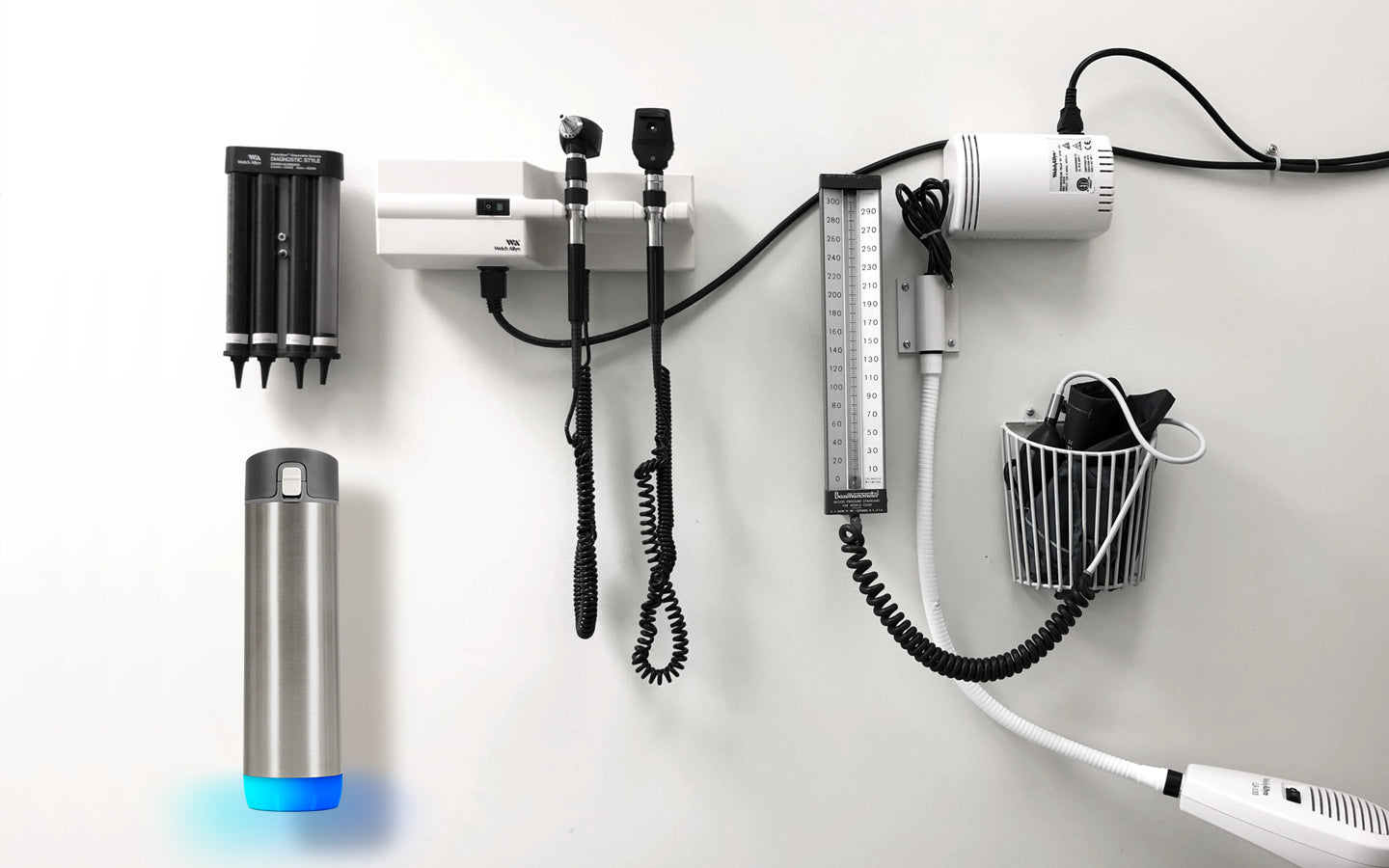Edema, also known as water retention, occurs when fluid leaks from capillaries (the body's small blood vessels) into the surrounding body tissue. The kidneys react by retaining more sodium and water than usual and the leaked fluid builds up in the surrounding tissue, resulting in swelling. "Water retention generally refers to its most common symptom: swelling that affects the feet and hands. Some people also hold fluid in their abdomen or face," says Joshua Thurman, M.D.
Water retention may be a sign of a serious medical condition — but it can also be the result of a salty diet or sedentary lifestyle. "Sometimes your feet will be swollen if you've been standing all day, simply because of the effects of gravity. When it's hot outside, both your hands and feet may feel a little puffy," says Dr. Thurman.
Although it may seem that you should reduce the amount of water you're drinking to prevent or reduce water retention, the opposite is true: Since water retention often occurs because of dehydration, providing your body with plenty of water will prevent it from conserving water to avoid being dehydrated.
Healthy adults should drink at least 1-1/2 to 2 quarts of fluids daily, according to Merck & Co. Drinking too much is usually better than drinking too little because it's easier for the body to excrete than conserve water.
"Water retention is much more likely to be caused by a big salt load in your diet than it is by drinking too much water. You are more likely to feel a bit swollen after a big salty meal than you are after you push a lot of fluid," Dr. Thurman notes. "We all develop a little swelling now and then. There is no need to consult your doctor unless you develop swelling that worsens over a short period of time and is persistent."
ABOUT OUR EXPERT
Dr. Joshua Thurman, MD is a board-certified nephrologist and Professor of Medicine specializing in renal medical diseases and hypertension at the University of Colorado School of Medicine. He received his medical degree from the University of Chicago Pritzker School of Medicine and his undergraduate degree from Harvard University. He has been in practice for more than 22 years.



















1 comment
Leave a comment
This site is protected by hCaptcha and the hCaptcha Privacy Policy and Terms of Service apply.